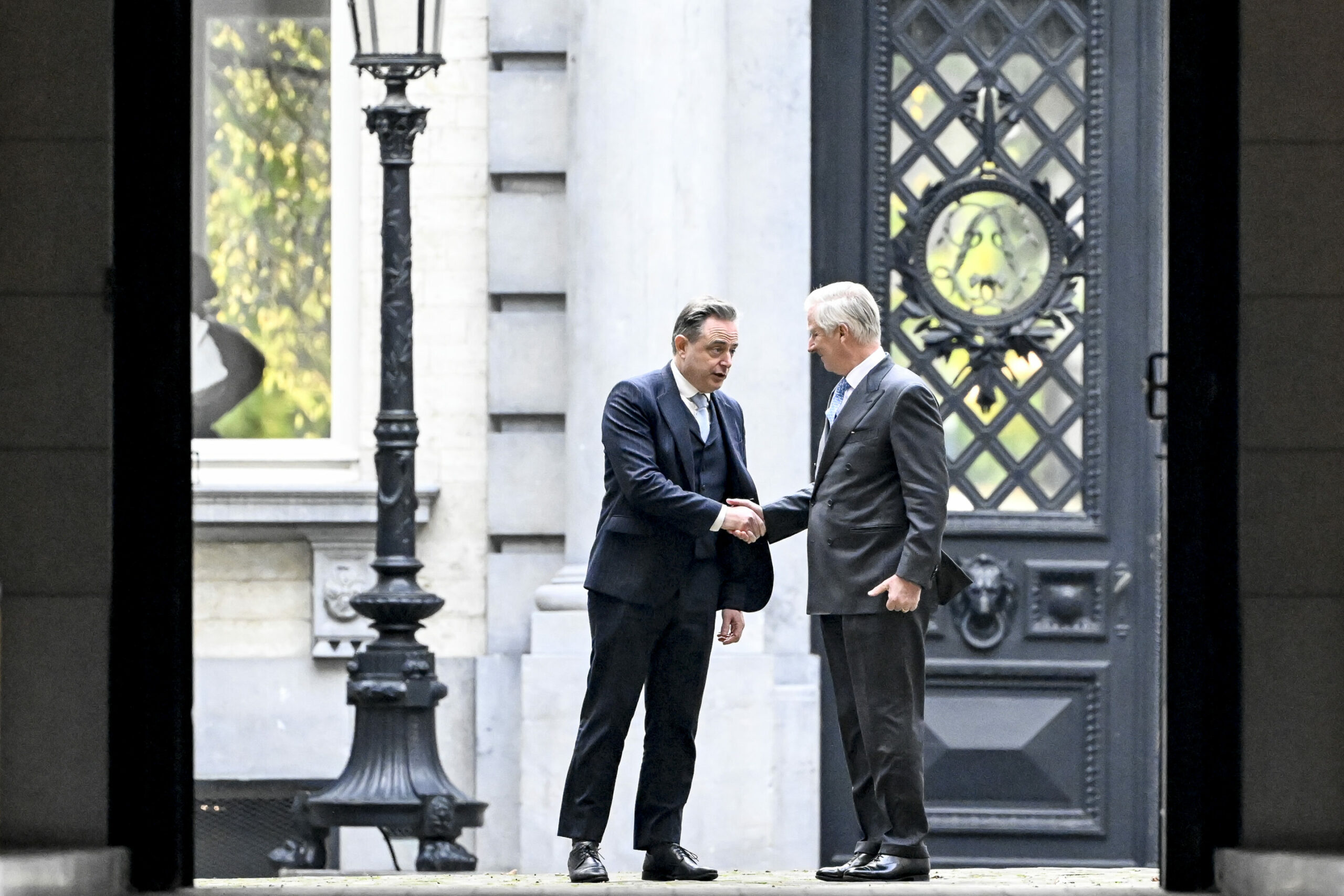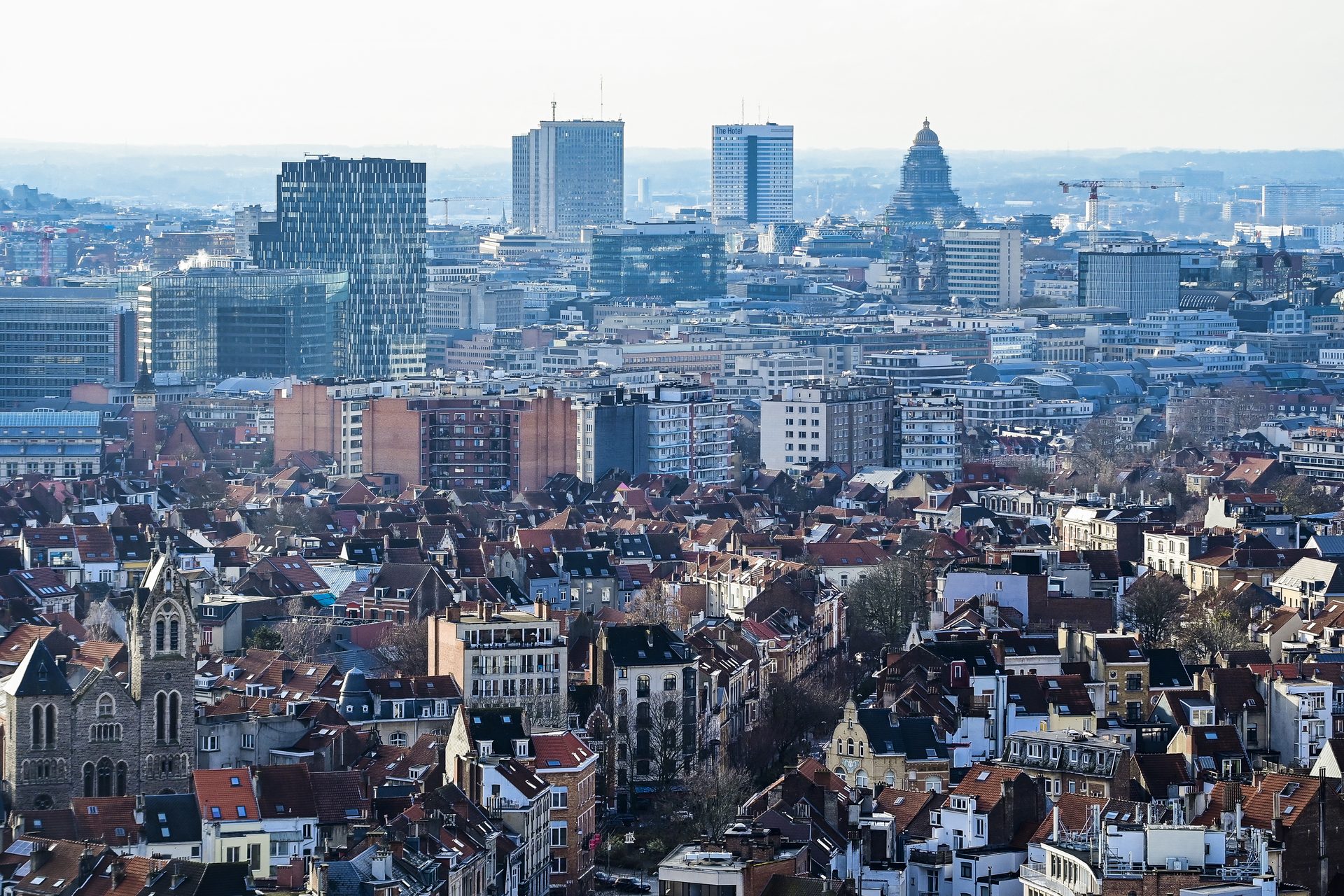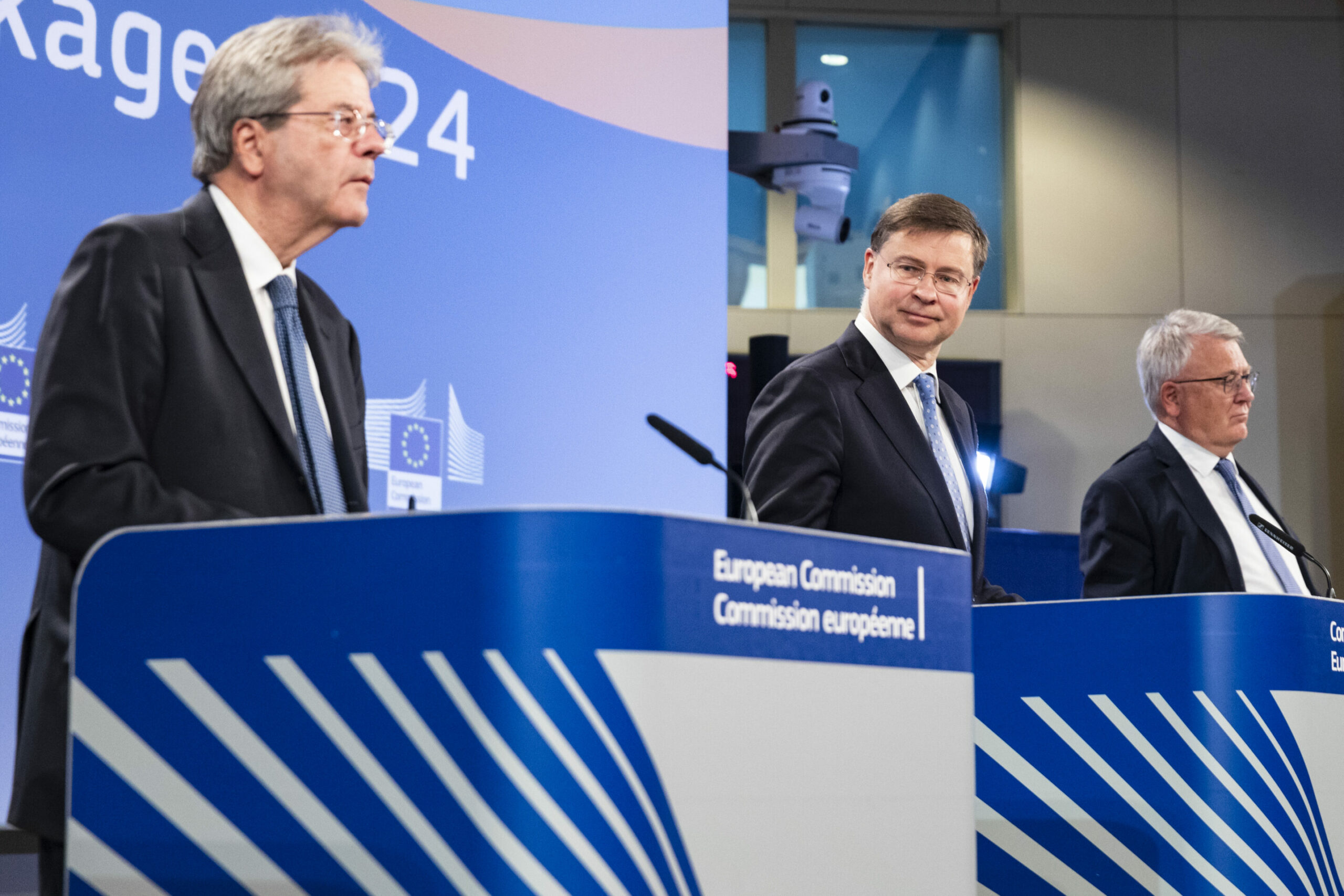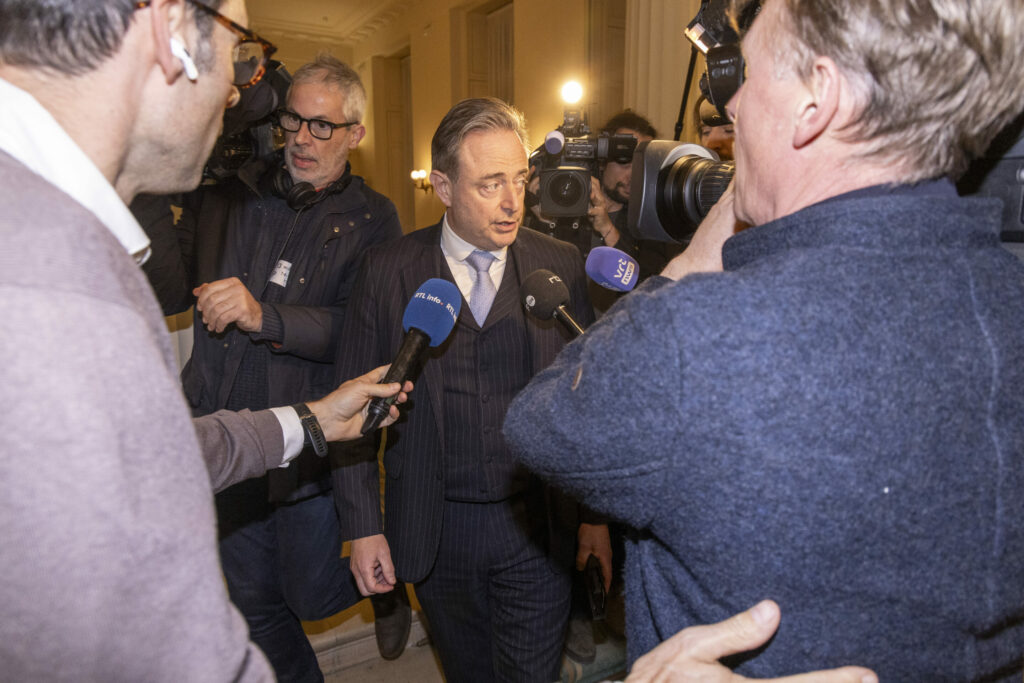After more than 160 days without a Federal Government (or one for the Brussels-Capital Region), business associations in Belgium are calling out for "somebody at the steering wheel".
While the sky hasn't fallen and daily business continues, leaders of the business sector say the lack of certainty is a bad look for international investment and a caretaker government can't make important decisions to boost the economy.
All we want for Christmas
Thierry Geerts is the chief executive of BECI (Brussels Enterprises Commerce and Industry), which represents more than 35,000 businesses in the capital.
Life hasn't stopped since the June elections but he tells The Brussels Times that business owners are wishing for "a government for Christmas".
"There is no choice really – we really need it. It [government formation talks] can take some time but I think 150 days is enough. It's time for all parties around the table, left right or centre, to take responsibility. This city needs to be managed, and the country does as well. Urgently."
While regional governments in Flanders and Wallonia have already formed, negotiations are ongoing to form a Brussels Government and, separately, the Federal Government. On Tuesday 12 November, King Philippe gave federal formator Bart De Wever (N-VA) another two weeks to break the current deadlock and unite the Arizona coalition partners (N-VA, CD&V, Vooruit, MR and Les Engagés).

N-VA leader Bart De Wever and King Philippe after a meeting at the Royal Palace, Tuesday 12 November 2024. Credit: Belga/Dirk Waem
Challenges in the capital
Geerts highlights the immediate challenges that can't be addressed without a government in Brussels. "Cleanliness, security and mobility are the top three issues – they apply not only to business but Brussels more generally. He adds that business owners are encumbered with a "bizarre" and restrictive amount of administrative paperwork. This also needs urgent reform.
"We are an amazing city with plenty of assets but there can be challenges, and those challenges can be solved, but we need somebody to take the helm," he said.
Geerts stresses that the international business community should hear about the positives of Brussels, rather than Belgium's track record of interminable government negotiations: "It's bad news (for business) that Belgium is again struggling for months without a government. There are better stories to tell about Brussels," he said, citing the city's diverse population, relative affordability and strategic location for travelling around Europe.

Credit: Belga / Laurie Dieffembacq
Businesses in limbo
Thibault Van Haelen is CEO of Foodiz, which provides corporate catering to offices in and around Brussels. The company currently delivers around 800 meals a day to office workers in the city, and is aiming to expand into Wallonia next year.
However Van Haelen says that current uncertainty without a government is hindering his ability to make strategic decisions about his business, including expanding his current roster of 15 staff.
"We are coming to the end of the year, and we need to think about our budget, we need to validate our budget for investors and things like that, so we need to know what will happen in 2025. If we don't know what the government will be, I think it will be quite complicated for us to build something clear for 2025," he said.
"For me the most important impact will be linked to employment and labour policy. As an employer, I don't know what the compensation will be if I hire an employee. It will depend on the government, because one party will have a different position from another one," he added.
Van Haelen also notes that there is uncertainty around what government subsidies for businesses will be maintained. Foodiz was able to develop a digital app with the help of public subsidies, but it is unclear if digital projects will be a priority for the next government.
Overall, he is "quite optimistic" that negotiators at the Brussels and Federal level will come to agreement, but says that maybe it is time to rethink the "complicated" way that governments are built in Belgium.
"I think having a government as soon as possible would be the best thing for all companies, and I think at some point we need to follow the vote of the people, which was quite clear," he said.
Uncertainty for foreign investors
Bart Van Craeynest, chief economist for the Flemish business association Voka (which represents more than 18,000 businesses in Flanders and Brussels) agrees that only having half the country's governments functioning does little to attract foreign investment.
Whilst Flanders does have a regional government settled, which can bring decisions to bear on many economic issues, "not having a Federal government does add to the uncertainty," he said.
"Especially with the difficult budgetary decisions that must be made we are left asking: Will they cut spending? Raise taxes? Clearly these are essential areas where companies need clarity – it's important for local companies but especially for foreign companies deciding whether to invest in Belgium or not. This kind of uncertainty is not very positive."
The looming budget deadline
While government formation talks crawl on, Belgium is approaching a deadline on 31 December, by which it must submit a multi-year budget plan to the EU.
The plan must outline how Belgium will reign in its currently ballooning budget deficit and public debt, and make savings of around €28 billion in the next four to seven years.

EU Commissioner for Financial Stability Valdis Dombrovskis (centre), Commissioner for Economy Paolo Gentiloni (left) and Commissioner for Jobs and Social Rights Nicolas Schmit (right) announcing the excessive deficit procedure for Belgium and other countries. Credit: Belga / Nicolas Landemard
Tackling Belgium's deficit and debt troubles featured little in election campaigns earlier this year, Van Craeynest notes. But the problem is now unavoidable for parties at the negotiating table.
"The budgetary situation is so dire that it's very difficult to form a government because any government at the federal level will have to take quite harsh measures to get our finances back in line. That wasn't much of a theme in the election campaign, most parties were still promising tax cuts or additional spending."
"But if you knew the numbers on the budget situation it was already very clear that that would not be possible... The federal negotiators are still trying to do some things, there's actually still a tax cut on the table, but we don't have the money to finance that."
Van Craeynest says that it will be "very difficult" for Belgium to meet the spending targets outlined by the EU (limiting budget deficits to 3% of GDP and public debt levels to 60% of GDP) and pretty much impossible for a Federal Government to be formed in time to submit a budget plan by the end of the year.
'Extremely irresponsible' to drag out formation talks
This is not the first time that Belgium waited a long time for a government: formation talks in 2020 took 592 days, breaking the previous record of 541 days following elections in 2010.
Van Craeynest notes that deadlocked negotiation talks have often been resolved due to external pressures, such as the pandemic in 2020. However, despite the looming EU budget deadline, general economic and geopolitical climate, and concerns about how Trump's return to the White House will impact the European economy, there is a "concerning" lack of urgency in current Federal formation talks.

PS leader Paul Magnette (left) and Open VLD's Alexander De Croo during the press conference announcing they formed a government on 30 September 2020. Credit: Belga/Thierry Roge
"There are lots of reasons to get the government in place... but [parties at the table] seem incapable, or at least unwilling, to make the necessary compromises. Just looking at the economic and geopolitical situation, there's already plenty of reasons to get your act together. But for the past 150 days that hasn't been the case."
But Van Craeynest is pessimistic about the chances of having a Federal Government by Christmas. "I don't expect us to have a government this year, but first half of next year. If they don't manage that, it would be extremely irresponsible, in this current climate."

